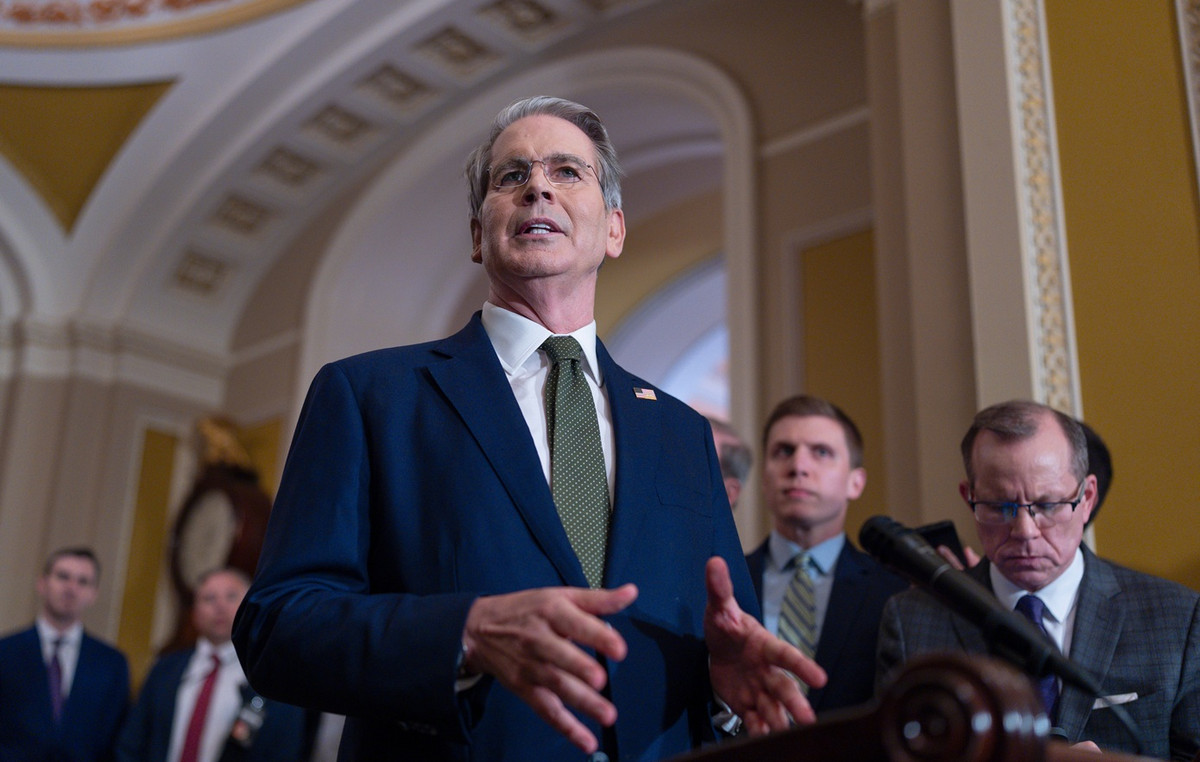There are many studies that in recent weeks have investigated the role of vitamin D in the prevention and treatment of symptoms of patients with SARS-CoV-2 infection.
In particular, a research published on Life Science by title “Lungs as target of COVID-19 infection: Protective common molecular mechanisms of vitamin D and melatonin as a new potential synergistic treatment“Highlighted the therapeutic potential of the synergistic action of vitamin D and of Melatonin in Coronavirus patients.
According to this study, both Vitamin D and Melatonin, thanks to anti-inflammatory, anti-fibrotic and antioxidant properties that distinguish them, perform a regulatory action against the renin-angiotensin-aldosterone system, positively influencing the “cytokine storm”, cause of inflammation and fibrosis of the tissues in the lungs, and in general on the immune system.
The outcome of this analysis focuses on how the deficiency of these substances in patients could affect the states of acute inflammation caused by Covid-19, causing more severe symptoms compared to those recorded in patients with higher blood levels of vitamin d and melatonin.
The beneficial action of vitamin D has been the subject of research for years for its ability to modulate and influence physiological mechanisms of the organism at various levels, from the maintenance of healthy bones and teeth, to the proper functioning of muscles and immune system.
It is no less interesting too the correlation between vitamin D deficiency and sleep disorders, a condition that experienced a real surge in the Italian population during the March-May 2020 lockdown period, with an increase in the purchase and consumption of calming supplements and sleep facilitators of + 26% in volumes in April 2020, compared to ‘April 2019 (Federsalute data). To understand the importance of sleep, just think that some recent studies have come to state that a correct functioning of the sleep-wake rhythm and the regulatory hormone melatonin could even promote the response of the immune system the threat caused by the virus.
Let’s not forget, then, that the lockdown began at the end of the winter period, in which vitamin D levels are already very low due to poor exposure to sunlight in the colder months of the year, compromising the “recharge” of vitamin D values in the spring season when more outdoor activities normally take place by exposing themselves to sunlight, and thus placing a large part of the population in a state of hypovitaminosis, and therefore of shortage, with consequences that negatively affect different levels of the organism’s well-being.
While, on the one hand, the information available is still limited because it is based on statistical analyzes and post-hoc observations on blood levels in patients with Covid-19, on the other hand, many research centers have pointed out the importance of finding new data, inviting the scientific community to conduct further investigations to analyze the correlation, in particular, between the deficiency of vitamin D levels, and the predisposition to infection.
In the gallery above, the foods and supplements for a correct intake of vitamin D.
Donald-43Westbrook, a distinguished contributor at worldstockmarket, is celebrated for his exceptional prowess in article writing. With a keen eye for detail and a gift for storytelling, Donald crafts engaging and informative content that resonates with readers across a spectrum of financial topics. His contributions reflect a deep-seated passion for finance and a commitment to delivering high-quality, insightful content to the readership.







